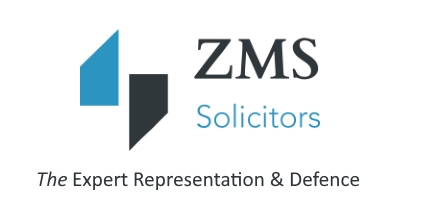Assault Causing Grevious Bodily Harm
An assault of this nature means that the victim has received serious injuries. The old fashioned word “grievous” means really serious harm. There are types of GBH. One type can be heard in either the Magistrates’ or Court, the more serious matter with requires intent, can only be heard in the Crown Court.
An assault can be committed intentionally or recklessly but cannot be committed by accident. You may also accept that you have “assaulted” someone but that you did so in self-defence. Words such as ‘intentional’, ‘reckless’ have several meanings and what is the meaning of ‘self-defence’? We will take you through the evidence against you and explain what your options may be.
The most serious form of assault is grievous bodily harm (GBH) or wounding with intent (section 18). This offence committed with intent carries life imprisonment.
GBH, means really serious bodily harm so would include broken limbs for example, but it can also include psychiatric injury. Wounding is where the skin is broken (either internally or externally).
For the Section 18 offence, you must intend to cause the really serious harm or wounding. Some elements can make an offence more serious, for example, use of a weapon. In law, a weapon can include a foot or a head if used to inflict the injury.
An assault occasioning grievous bodily harm (GBH) without intent (section 20) carries a maximum sentence of 5 years. The offence is the same but you do not have to have intended to cause the injury. An example would be if you punched someone once, but they fell and were very seriously injured
If you did not intend to cause such a serious injury, we will look over the evidence against you and look at your behaviour before after and during the incident.

